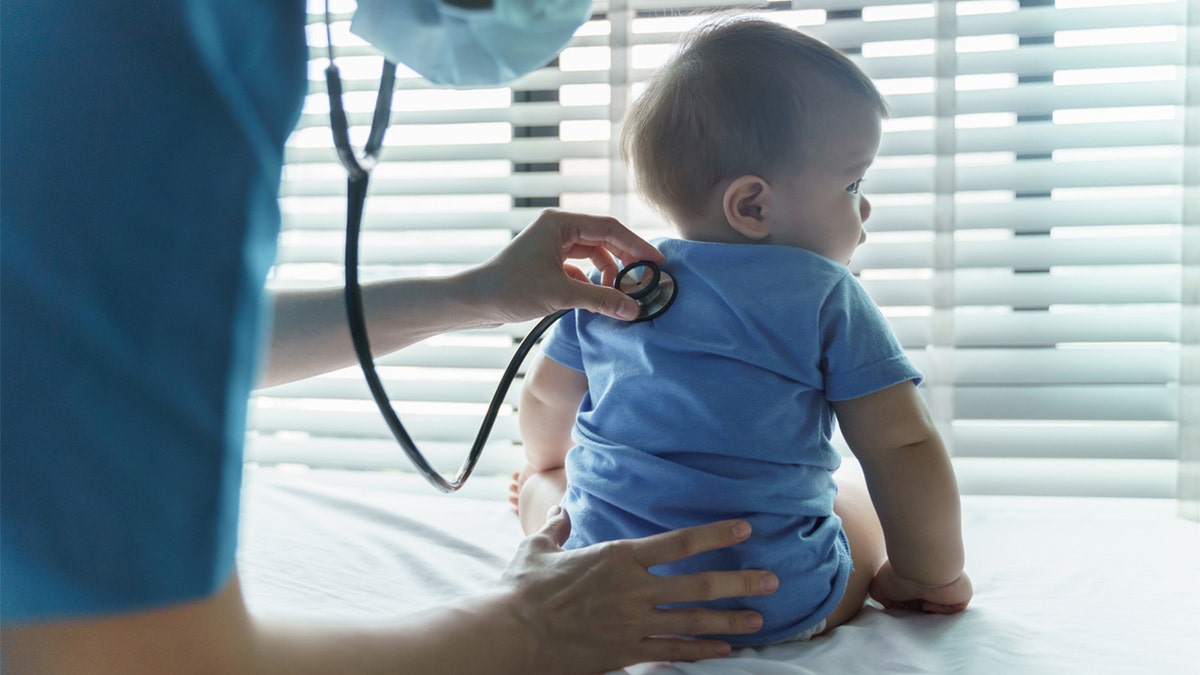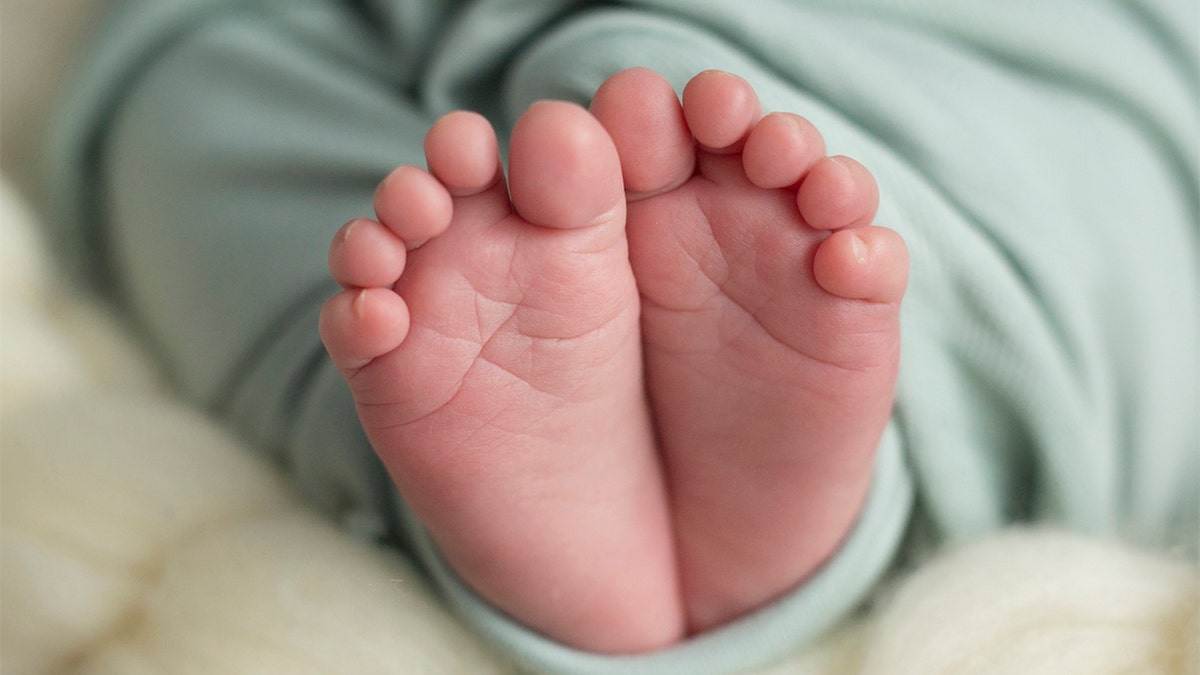Fox News Flash top headlines for August 1
Fox News Flash top headlines are here. Check out what's clicking on Foxnews.com.
The U.S. Centers for Disease Control and Prevention (CDC) is warning doctors about the spread of parechovirus, a common viral infection that can cause severe illness among infants younger than three months.
From April 12 through May 24 of this year, 23 infants were admitted to the Monroe Carell Jr. Children’s Hospital at Vanderbilt University Medical Center in Nashville, Tennessee, to be treated for parechovirus, according to a report from the CDC.
On July 12, the CDC issued a health advisory to clinicians and public health departments to make them aware of the circulating parechovirus.
MONKEYPOX: WHAT YOU MUST KNOW ABOUT THE VIRUS – AND HOW TO PROTECT YOURSELF
Though parechovirus (or PeV) is common among children between the ages of 6 months and 5 years old, it can be more severe for infants, causing sepsis-like illness, seizures and meningitis or meningoencephalitis, the CDC said.
In its health advisory, the CDC said parechovirus has no set treatment, but proper diagnosis might change doctors’ management strategies for the illness in infants.
GESTATIONAL DIABETES IS ON THE RISE: HERE ARE NUTRITION TIPS TO PREVENT AND TREAT IT
Signs and symptoms of parechovirus can include fever, fussiness and poor feeding, the CDC said.

Within six weeks, 23 infants in Tennessee were hospitalized for parechovirus earlier this year. In response, the CDC issued a warning to clinicians about the "unusually large cluster of infections." (iStock)
In its July 29 report, the CDC called the 23 infant cases of parechovirus at Monroe Carell Jr. Children’s Hospital an "unusually large cluster of infections."
CLICK HERE TO GET THE FOX NEWS APP
Among the 23 cases, 21 infants recovered without complications, the CDC said. Of the remaining two, one child could be at risk of hearing loss and blood clots, while the other could be at risk of severe developmental delay, the CDC report found.

Signs of parechovirus — which can be more dangerous to infants younger than 3 months old — include fever, fussiness and poor feeding, according to the CDC. (iStock)
The infants were all between the ages of 5 days and 3 months, with a median age of 24 days. Ten patients were male and 13 were female.
CLICK HERE TO SIGN UP FOR OUR LIFESTYLE NEWSLETTER
Of the 23 cases in the Nashville children’s hospital, 22 infants became symptomatic in their community, while one — a preterm infant — started symptoms in the NICU, the CDC said in its report.
To prevent parechovirus, doctors recommend handwashing, avoiding contact with people who are sick and keeping household surfaces disinfected, according to kidshealth.org.



